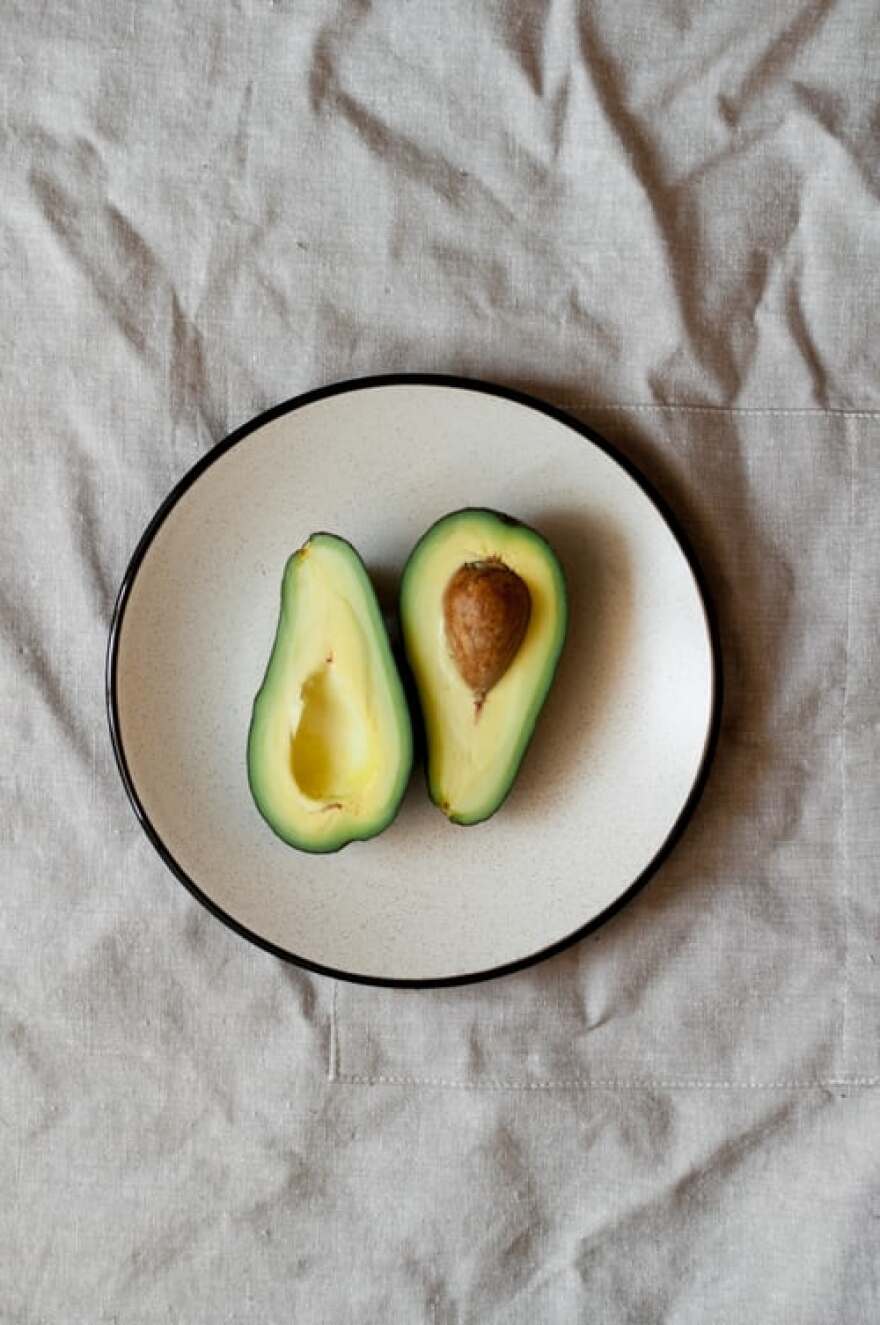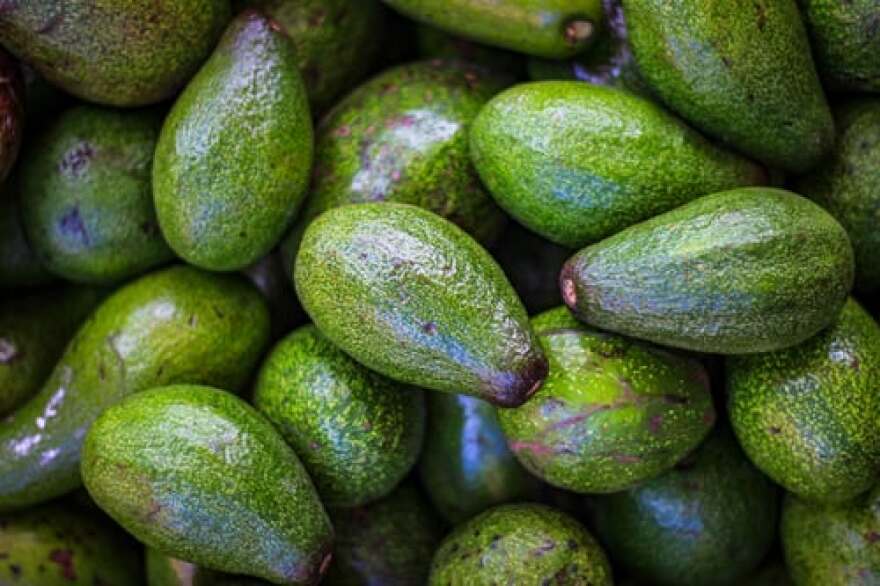There’s a huge uproar in the avocado industry, one which might turn out to be an unexpected boost for the $300 million plus avocado crop on the Central and South Coasts.
Mexico grows about half of the world’s avocados, and most of the avocados eaten in the United States. Because of that, the U.S. government has federal inspectors stationed there, to insure the crops are grown safely.
After one of the inspectors received a death threat last week, the U.S. government suspended avocado imports Saturday.
Link Leavens is President and CEO of Leavens Ranches. The more than century old family owned farming company has more than 1,200 acres of avocado and lemon groves in Ventura and Monterey Counties.
"Right now, Mexico is probably 95% of the fruit that's in the market," said Leavens.
He says Super Bowl weekend is traditionally the biggest weekend of the year for avocados, but we could see the impacts of the government blockade before the end of the month.

Leavens says the industry has been buzzing about talks which are underway to resolve the blockade. The state’s industry isn’t big enough to meet long term demand.
"The California industry (the season) is just getting underway now. Our California crop is still a little bit small," said Leavens. "And, we represent only about 10% of the total volume anyways."
He says while the Central and South Coasts can grow quality avocados, the cost of the water they need when we are in drought conditions make it tough financially.
"The cost of water is almost prohibitive," said Leavens. But, he says people prefer California-grown avocados. "They're nuttier, they're richer, and because of the climate, they grow differently than they do in Mexico."
The longtime rancher says the industry is doing okay, but the weather is the key.
Avocado growers will be watching the negotiations between the U.S. and Mexico closely.
In Ventura County, it’s the fourth largest crop, with an estimated $179 million value as of 2020. In Santa Barbara County, it’s sixth, with an $80 million value. And, avocados are fourth in San Luis Obispo County, at $47 million in 2020.
Again, it’s all about timing. There may be enough imported avocados left after the Super Bowl to meet the demand for the next few days. It’s also early in the season for our local avocados, so there are limits on how much the local crops can fill any demand which may be created.



